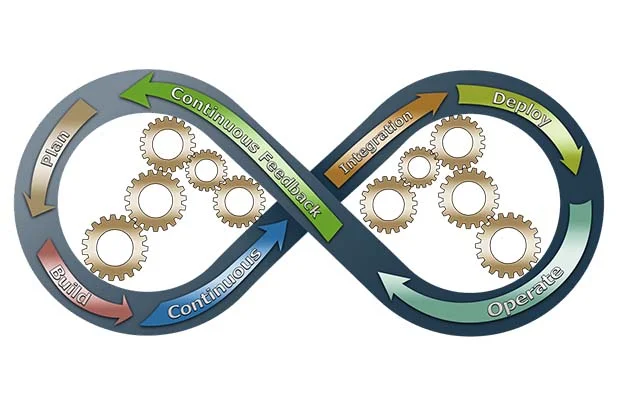For years, shelters packed with tons of files were a common sight in most hospitals. Today, all that has changed. In this article we are going to know about 4 benefits of DevOps implementation in healthcare sector. So without any further delay lets know about these benefits.
The stacks of files have now been replaced by incorporating technology in the filling system, allowing hospitals to store all that workload electronically in a unified manner.
This development has also made it possible for hospitals to collect and make sense of massive amounts of data which is the oil that keeps the wheels rolling in many industries. But this data can only be good if accessible, creating a need for a DevOps approach.
If you are a healthcare industry investor and are wondering whether or not to adopt DevOps, this post is for you.
DevOps in Healthcare
A DevOps approach allows collaboration between parties involved in development – developers, operation managers, testers, and other persons involved. In other words, DevOps will unify your IT operations, software development, and customer feedback, allowing them to develop tools that best suit all users.
The DevOps approach is not all about technology but a combination of technology and culture change to increase accuracy, efficiency, and speed of software development. However, no matter how small, changes in the healthcare industry can cause a lot of inconveniences.
That is why you need to enlist DevOps consulting services by RTS labs to streamline processes. Hiring a reputable DevOps services provider will ensure that you get thorough training and all the resources you need to start a successful DevOps journey or refine your existing processes.
Benefits of DevOps in Health Care
1. Increase Patient Satisfaction
The good thing about DevOps is that it involves continuous and delivery integration (CI and CD). This means even patients will have some input by leveraging their thoughts on how new features work, including the ones they like and those that may need some refining.
That way, it is possible to align the end product with what patients want and think is beneficial, thus improving customer experiences. If your systems can enhance the patients’ experience when they are having a bad day, you can be sure that the patient will return the next time they need you.
2. Enhanced Data Leveraging
Data is today’s digital age gold. However, data is no good if you can’t make sense of it to improve your services and marketing strategy.
The DevOps architecture ensures easy accessibility of data through tools designed to collect data and make sense out of it. The data is then used to help different departments make changes to improve service delivery.
3. Strengthened Competitive Advantage
Maintaining a competitive edge in business is critical for survival in a world where the customer is empowered more than ever before. DevOps implementation allows for shorter development cycles, translating to increased efficiency in delivering health care solutions.
It is also essential to understand that everyone is rushing to get the same client in their fold, and only the most competitive will carry the day. By leveraging DevOps potential, it is possible to create new solutions to your patients’ problems before your competition, helping you gain a competitive edge.
4. Enables Regulatory Compliance and Data Security
Implementing infrastructure as code is one of the major practices of a DevOps model. This is perhaps because it makes the security in a DevOps model superior to other models.
Additionally, implementing policy as code allows teams to meet compliance standards through adherence and risk mitigation.
Summing Up
A DevOps approach can be a game-changer in the healthcare sector. When implemented right, it can ensure faster delivery times, improved patient satisfaction, better use of data, all of which can help you stay competitive.










